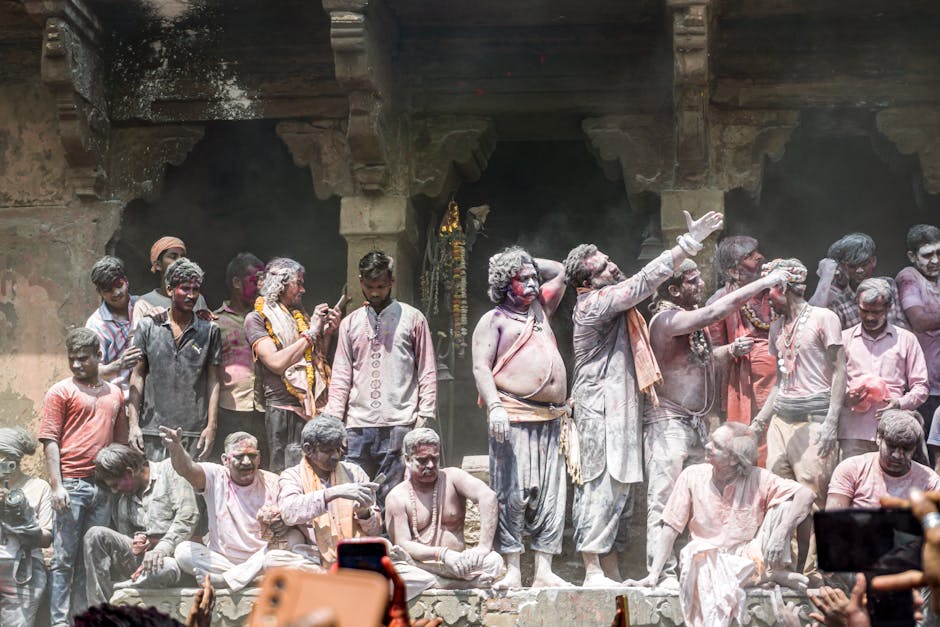It starts with convenience. You glance at your phone, and it unlocks. You walk up to a terminal at the airport, and the gate opens. This is the seamless future we were promised, powered by a technology that feels like magic: Facial Recognition Technology (FRT). But as this magic weaves itself deeper into the fabric of society, a crucial question emerges: at what cost?
Welcome to the next great legal frontier. The battleground is not land or a corporate contract; it’s your own face, and the rules are being written in real-time by Artificial Intelligence.
The Rise of Biometric Integration in India
India, with its billion-plus population, is at the epicentre of this revolution. We are no strangers to biometric data collection. Aadhaar normalised linking our identity to our fingerprints and iris scans. Now, initiatives like DigiYatra are making facial recognition the default for air travel, sold under the banner of efficiency. Police forces across the country are also deploying sophisticated FRT systems to identify criminals and protestors alike.
On the surface, the arguments are compelling. Who wouldn’t want safer streets or faster queues? The problem is that the technology is galloping far ahead of our legal and ethical frameworks. The very data that identifies you—your unique facial geometry—is being captured, stored, and analysed on an unprecedented scale, often without your explicit, informed consent. This is precisely why the next legal frontier is your face and AI.
The Three Core Dangers: Consent, Bias, and Surveillance
The core of the issue lies in three critical areas where technology outpaces law.
1. The Illusion of Consent
When you walk through a public square equipped with CCTV cameras running FRT, have you consented to be scanned and identified? Our current laws are woefully inadequate to answer this question. The new Digital Personal Data Protection (DPDP) Act of 2023 is a step forward, but its broad exemptions for state instrumentalities for “national security” create a massive loophole.
2. The Ghost in the Machine: AI Bias
AI is not an impartial god; it is a reflection of the data it’s trained on. Studies worldwide have shown that FRT algorithms are often less accurate when identifying women and people with darker skin tones. In a country as diverse as India, the risk of misidentification is not just a technical glitch; it’s a social justice crisis waiting to happen. A false match could lead to wrongful arrest and social stigma, with little legal recourse.
3. The Spectre of Mass Surveillance
Most chillingly, what happens when the state has the ability to track the movements of any citizen in real-time? It fundamentally changes the relationship between the individual and the government. The ability to protest, to associate freely, to simply be anonymous in a crowd—all cornerstones of a thriving democracy—are threatened. This creates a “chilling effect,” where citizens may self-censor for fear of being watched.
Forging a New Legal Framework for Your Face and AI
Your face is becoming the ultimate password, one you can never change. If a database of facial signatures is hacked, the consequences are permanent.
We are in a lawless wild west, and corporations and governments are the new settlers, staking their claims on our identities. We urgently need a dedicated legal framework specifically for facial recognition technology. This law cannot be an afterthought bolted onto existing data protection rules. It must address the unique challenges of FRT head-on by:
- Demanding transparency in how algorithms work.
- Mandating independent audits for bias.
- Setting non-negotiable red lines for its use, especially in policing.
- Establishing a clear path for citizens to challenge its application.
The convenience of unlocking your phone with a glance is one thing. The convenience of a state watching every face in every crowd is another entirely. As we stand at this frontier, we must decide which future we want to build: one of effortless convenience, or one that fiercely protects the privacy, dignity, and freedom that begins with the right to own your own face.




